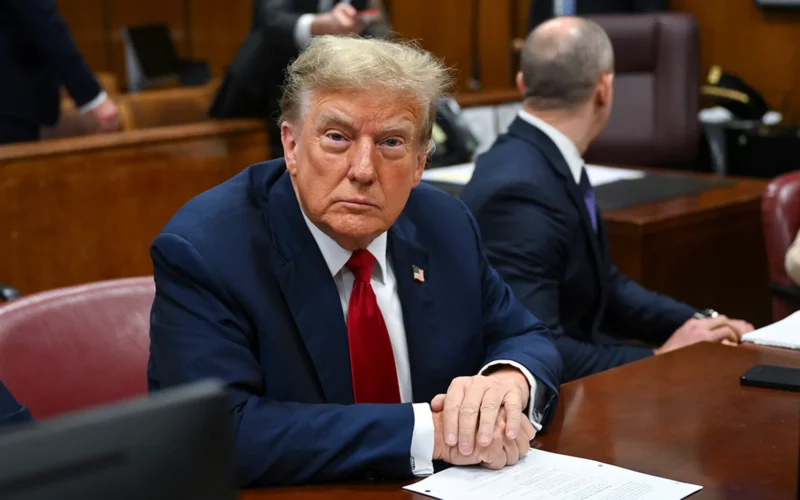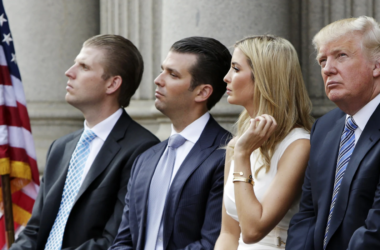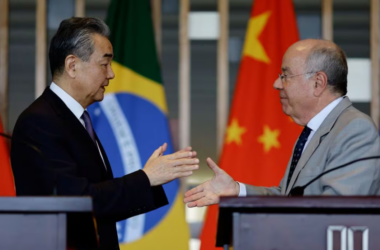Former President Donald Trump has voiced apprehensions regarding the possible consequences of losing his argument for presidential immunity, asserting that such a development would also affect President Joe Biden. The statements were made in a post on his Truth Social account, where he emphasized the pivotal role of presidential immunity in upholding the integrity of the presidency.
In his message, Trump underscored the indispensable nature of presidential immunity for the effective functioning of the presidency, cautioning that its absence would pose significant risks to the United States. He highlighted the impending Supreme Court hearing on the matter, which is slated to take place this Thursday. The outcome of this hearing will determine whether Trump is shielded from prosecution in connection with allegations arising from the election interference investigation led by Special Counsel Jack Smith.
Trump, who maintains his innocence against charges brought by Smith, reiterated his stance on presidential immunity, contending that its erosion would diminish the authority and stature of the presidency. He argued that without this protection, the presidency would become vulnerable to encroachments from other branches of government, a scenario he deemed contrary to the intentions of the nation’s founders.
Furthermore, Trump expressed concerns over the potential for exploitation and coercion of sitting presidents by political adversaries in the absence of immunity from prosecution. He emphasized the broader implications of this issue, asserting that the presidency itself, along with the nation, would be jeopardized if presidential immunity were compromised.
Drawing parallels with his predecessors and political rivals, Trump suggested that the ramifications of a lack of immunity would extend beyond his own presidency to encompass other former and incumbent presidents. He emphasized the significance of safeguarding presidential immunity for the effective governance of the country.
Trump’s remarks come amid his ongoing criminal trial in New York City, where he faces charges brought by Manhattan District Attorney Alvin Bragg. The trial, which commenced earlier this week, is expected to continue through early June. Despite attempts to delay proceedings until after the Supreme Court ruling on immunity, Trump’s requests were denied by the presiding judge.
While Trump’s criminal trial remains on hold pending the Supreme Court’s decision, the broader implications of the presidential immunity debate continue to reverberate across the political landscape. With the Supreme Court fast-tracking the appeal process, a ruling on the matter is anticipated by mid-June, shaping the legal framework surrounding presidential accountability and executive privilege.
Additionally, this marks the second instance this term that the Supreme Court will adjudicate a case involving the presumed Republican presidential nominee, underscoring the significance of legal battles intertwined with electoral politics.








